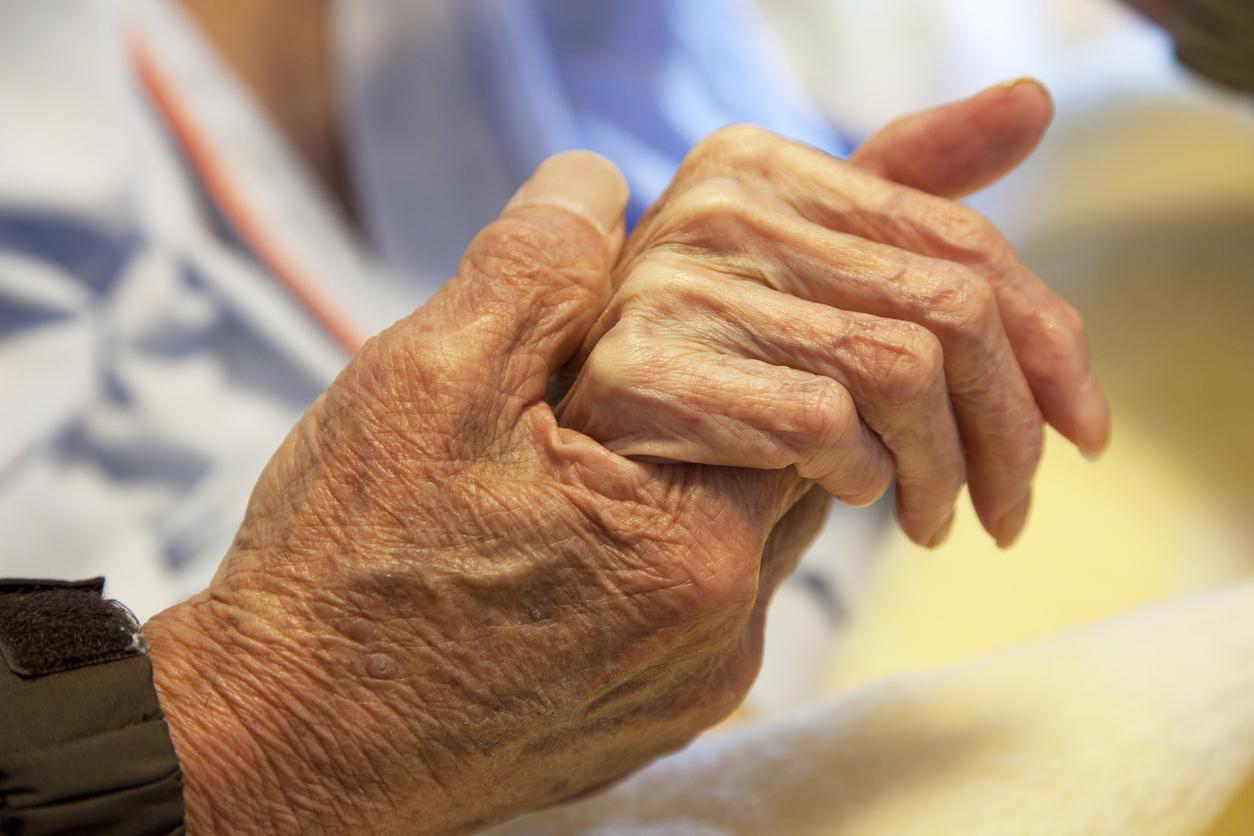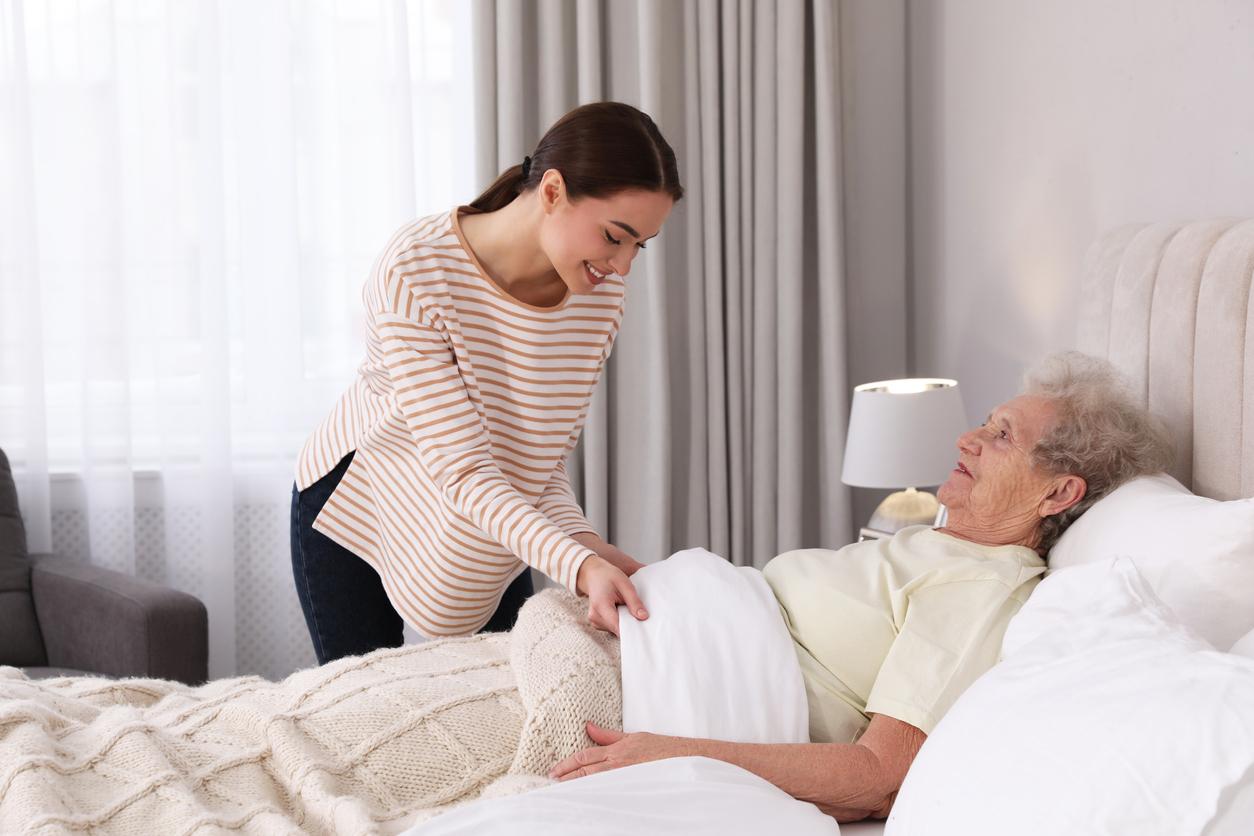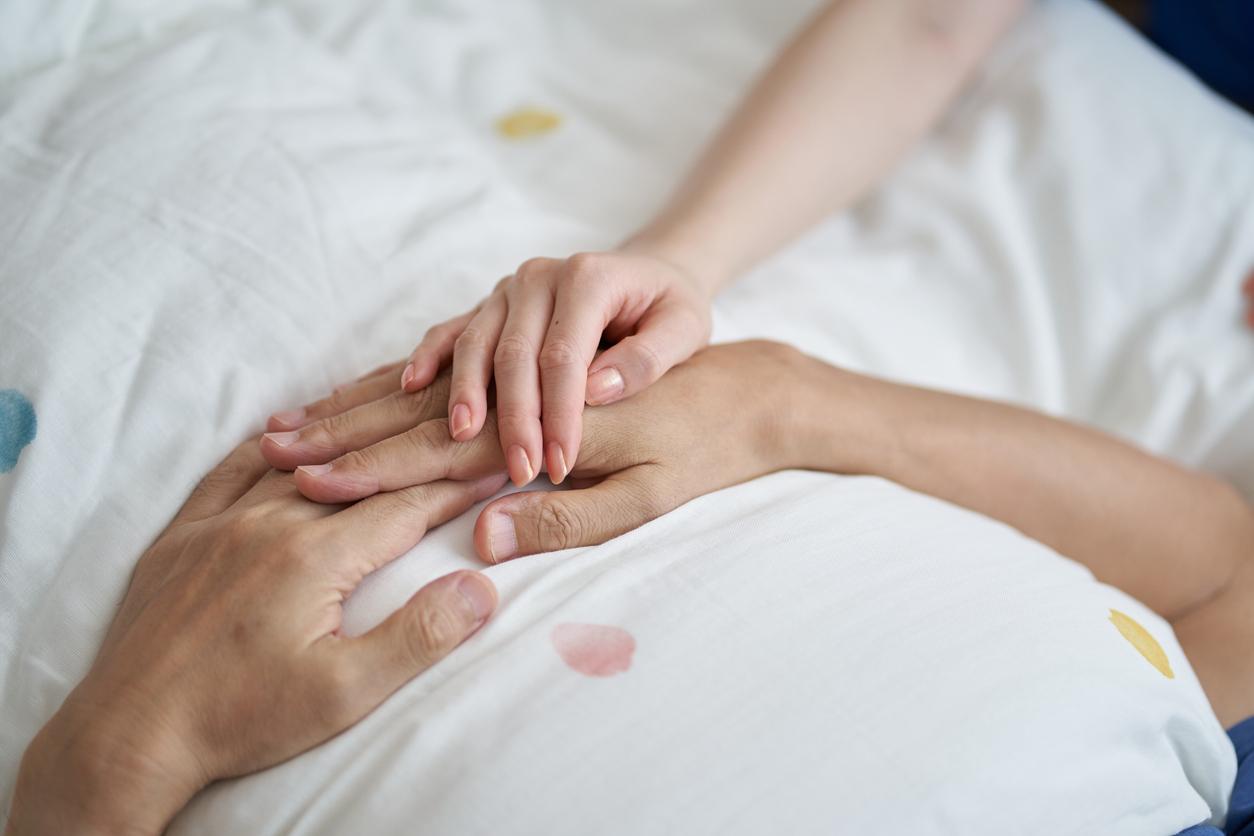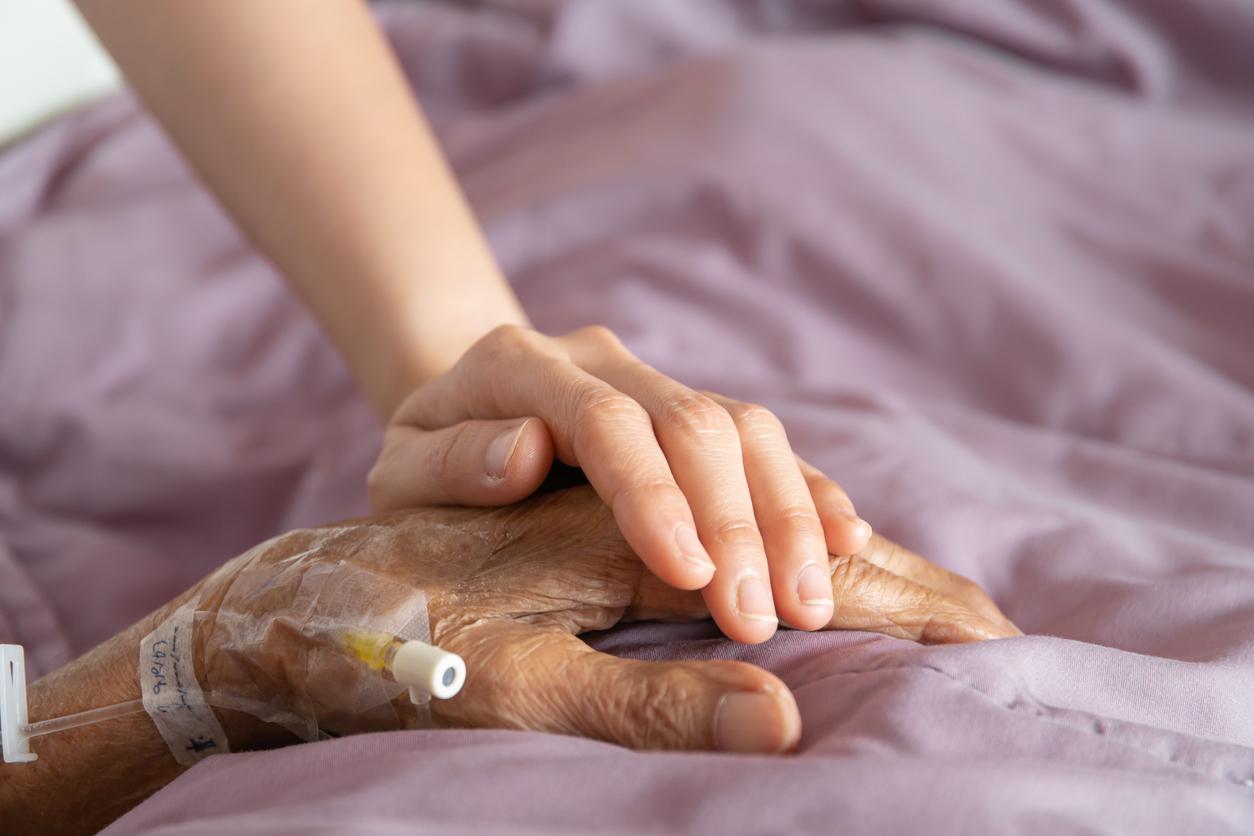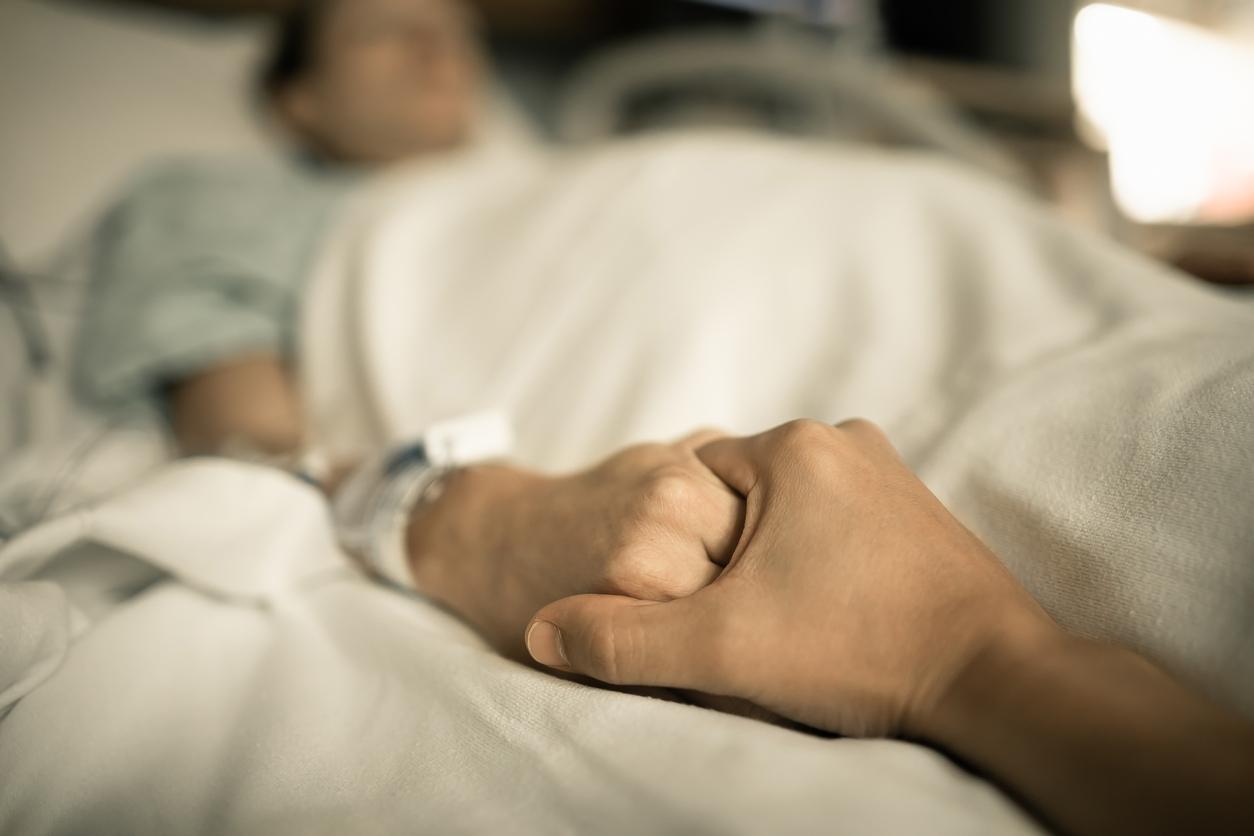The knowledge by health professionals of the provisions adopted for the end of life is still insufficient in France according to the Academy of Medicine, which does not come out in favor of a new legislative device.
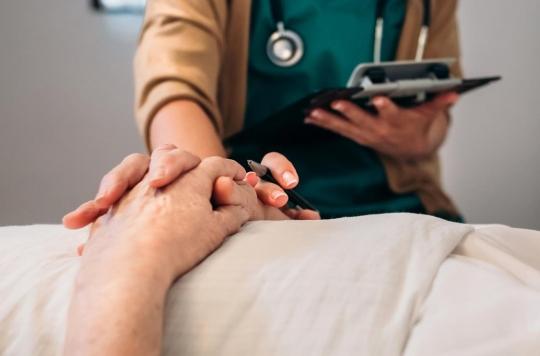
- Assisted suicide, also called “assisted suicide or medically assisted suicide”, characterizes the behavior of a patient who self-administers a deadly substance prescribed by a doctor due to an incurable disease and end of life. close.
- Euthanasia concerns the situation of a patient who asks the doctor to perform the lethal act himself.
“Should we go beyond the current provisions?”. In a press release, the National Academy of Medicine wonders, following two bills recently presented by parliamentarians and relating precisely to “active assistance in dying”. The case of Alain Cocqwho, suffering from an incurable disease, had unsuccessfully tried to let himself die live on Facebook, has also revived the debate on the end of life within French society.
The second Claeys-Leonetti law
The Academy of Medicine, for a long time very involved in the reflection on the end of life, has always affirmed that it is not in the doctor’s mission to cause death. “We cannot hide the real suffering of caregivers to move from care to active assistance in dying”, reminds the institution.
The law of February 2, 2016, known as the second Claeys-Léonetti law, created new rights for sick people and people at the end of life. Currently, the dignified and peaceful end of life is supposed to be ensured by the quality of care, by appropriate palliative care, and if necessary by proportionate sedation, even in some cases deep and continuous, “causing an alteration of consciousness maintained until death, associated with analgesia and the cessation of all life-sustaining treatments”. This sedation is possible for the patient suffering from a serious and incurable disease, whose vital prognosis is engaged in the short term. Other provisions reinforce the importance of advance directives, which are now binding on doctors.
A “knowledge gap”
But, according to recent evaluations of the 2016 law, after more than five years of its entry into force, knowledge by health professionals of the provisions adopted for the end of life is still insufficient. “The same lack of knowledge is observed within the population which, depending on the orientation of the questions asked, biases the polls on a subject as sensitive as assisted suicide or euthanasia”, wrote the Academy of Medicine. In practice, there is also a great inequality in access to end-of-life palliative care.
While committing to continue its work on this theme, the Academy therefore centers “its current recommendations on a finally effective application of the existing system”. She emphasizes “that a new legislative mechanism cannot be adopted when the current training and care offer are still far from being fully implemented to meet the needs and concerns of our fellow citizens”.
Three recommendations
The Academy of Medicine recommends that:
– in-depth training on the end of life be put in place for all categories of healthcare professionals, in particular on the practice of palliative care and on the modalities of deep and continuous sedation;
-objective and detailed information of the public on the legislation in force is actively pursued. “Each person must know their current rights in the field of the end of life, and express their wishes on this subject”, say the experts.
– a rigorous evaluation of the application of the provisions in place is carried out, in particular in order to know if these provisions make it possible to deal with all the situations of people at the end of life.
.











